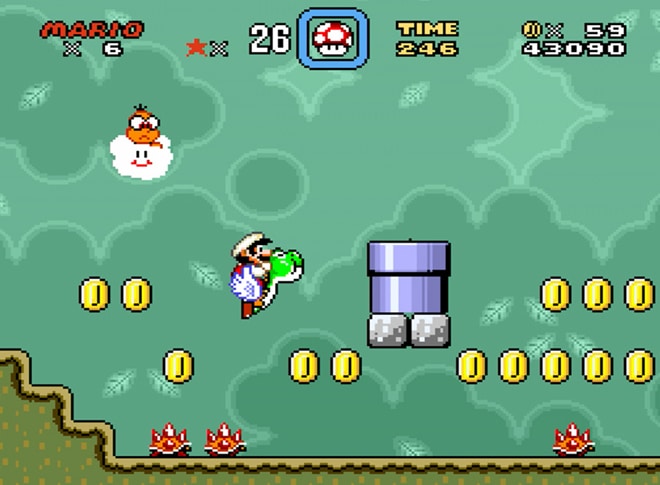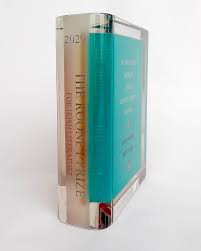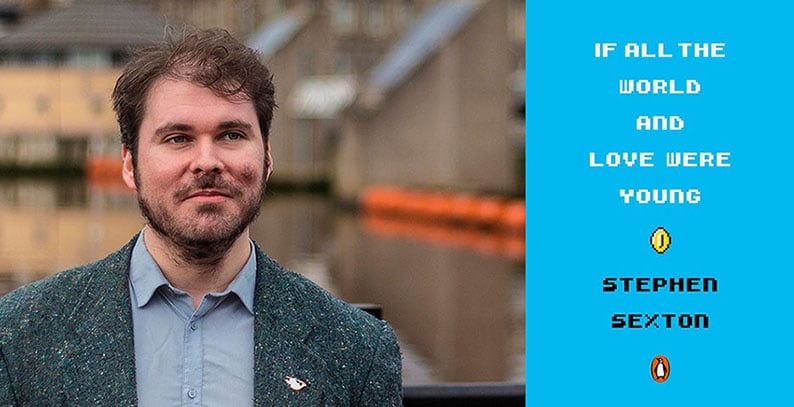The Belfast poet's collection is inspired by the imagery of Super Mario World, but beneath the surface lies a stunningly original and moving collection of verse.
I had the pleasure of meeting Stephen Sexton once, when I was working as a buyer for a major book chain. I had just had to explain to my colleagues why I had ordered so many copies of what is , on the surface, poetry about a classic video game. Sexton popped in to sign copies of the book, and I proceeded to gush about how I too loved Super Mario World, how it had been a foundation block of my childhood as well, how I understood the solitary nature of the child gamer. It must have been glaringly obvious to Sexton that I hadn’t really read his collection in any depth. I proceeded to further embarrass myself by complimenting his selection of title with a throwaway “I love Tennyson”. He gently corrected me, pointing out that it is in fact, Sir Walter Raleigh. Nonetheless, Sexton happily signed my copy and seemed humbly bemused that we’d gotten behind his book in such a big way.
Had I understood beforehand the depth, lyricism and stunning technical ability of the poems in this collection, I would have ordered ten times as many copies. Over the next few days, I slowly delved into each poem, completely unprepared for the blend of vivid imagery and emotional vulnerability on display. Sexton uses the terrain of Super Mario World as a foundation stone of these poems, and blends that imagery with that of his family home and childhood experiences, all against the backdrop of his mother’s increasingly severe illness.

There’s something in this imagery that resonated deeply with me. It struck a chord with two friends, both of whom stressed that they don’t have the “patience” for poetry. I suspect that the main appeal of this collection is that the theme of isolation at its core rings true with everbody’s memories of this wonderful video game. Gaming was obviously a much more solitary pastime in the early 90s, and the technicolour delight of deep-diving into these beautifully designed levels caused the rest of the world to seem duller, greyer.
For a child, particularly a lonely child like myself, or a child struggling to come to terms with their mother dying, like Sexton, Super Mario World began as a beautiful piece of magic to immerse yourself in. However, I remember, as Sexton conveys, how that magic slowly gave way to deliberate escapism, a kind of unconsciously-employed tool for shielding yourself from the world.
There is a lot of imagery to unpack, and there are genuine traces of some of Heaney’s more pastoral, John Clare-influenced poetry. In Vanilla Secret 1, the sun “tugs fistfulls of ivy and vine stems to the cave’s ceiling”. In Morton’s Castle, “The wind blew as it blows over the ramparts and the battlements along the merlons and crenels”. There is a hint of Medbh McGuckian’s The Albert Chain in the former, and of Michael Longley’s St. Francis to the Birds in the latter. The subject matter may seem odd, possibly even trivial to older readers of poetry, but it becomes apparent almost immediately that Sexton’s style is rooted in the best traditions of Ulster verse. All the while, the theme of Sexton’s budding grief grows throughout. The result is to create a collection that will shake you to your core, and set off a fire of bittersweet nostalgia in your heart.
Having won both the E.M. Forster prize and the Forward Prize for poetry last year, the awarding of the prestigious Rooney prize will hopefully help to bring this remarkable work to an even wider audience.



